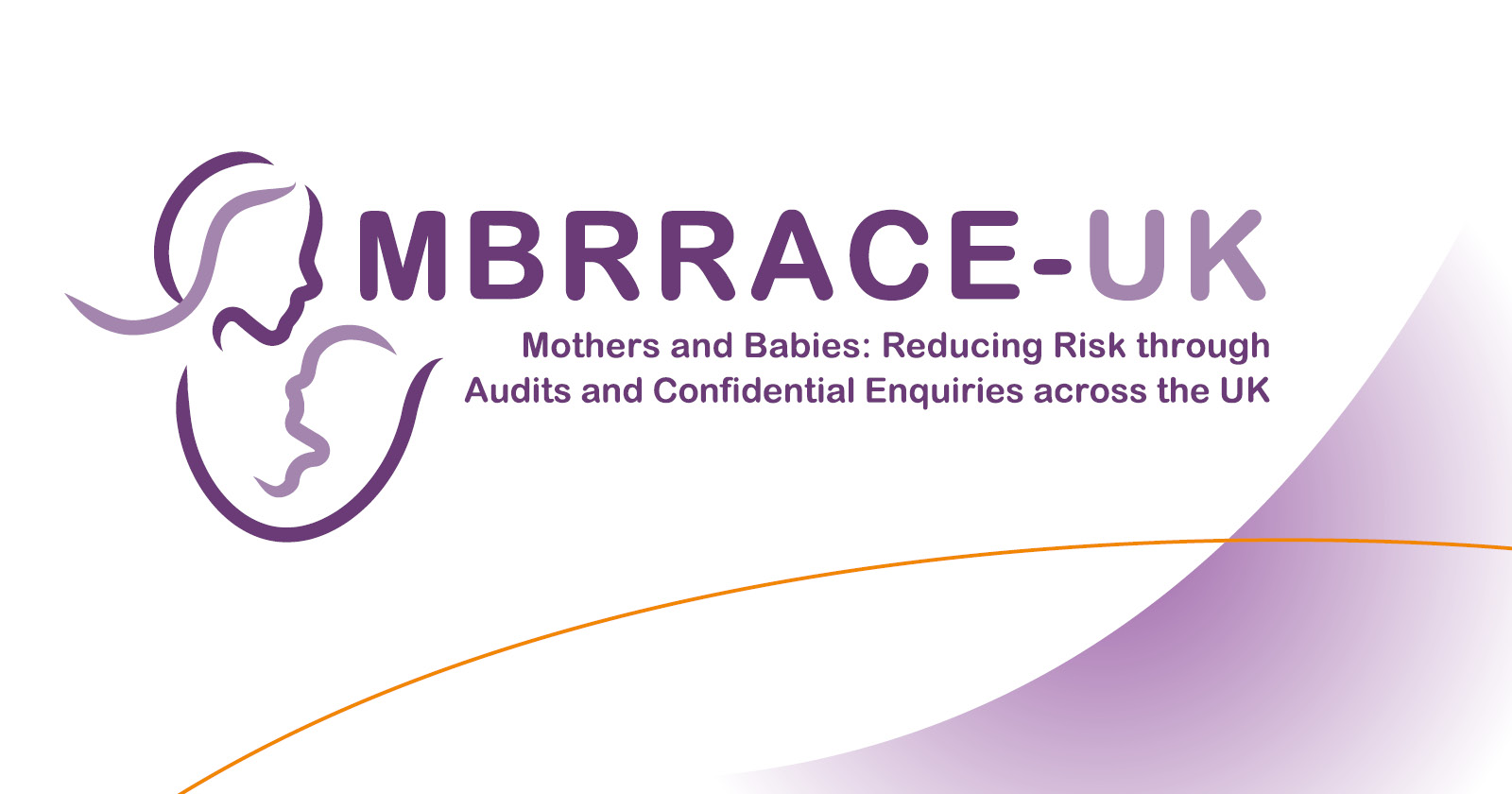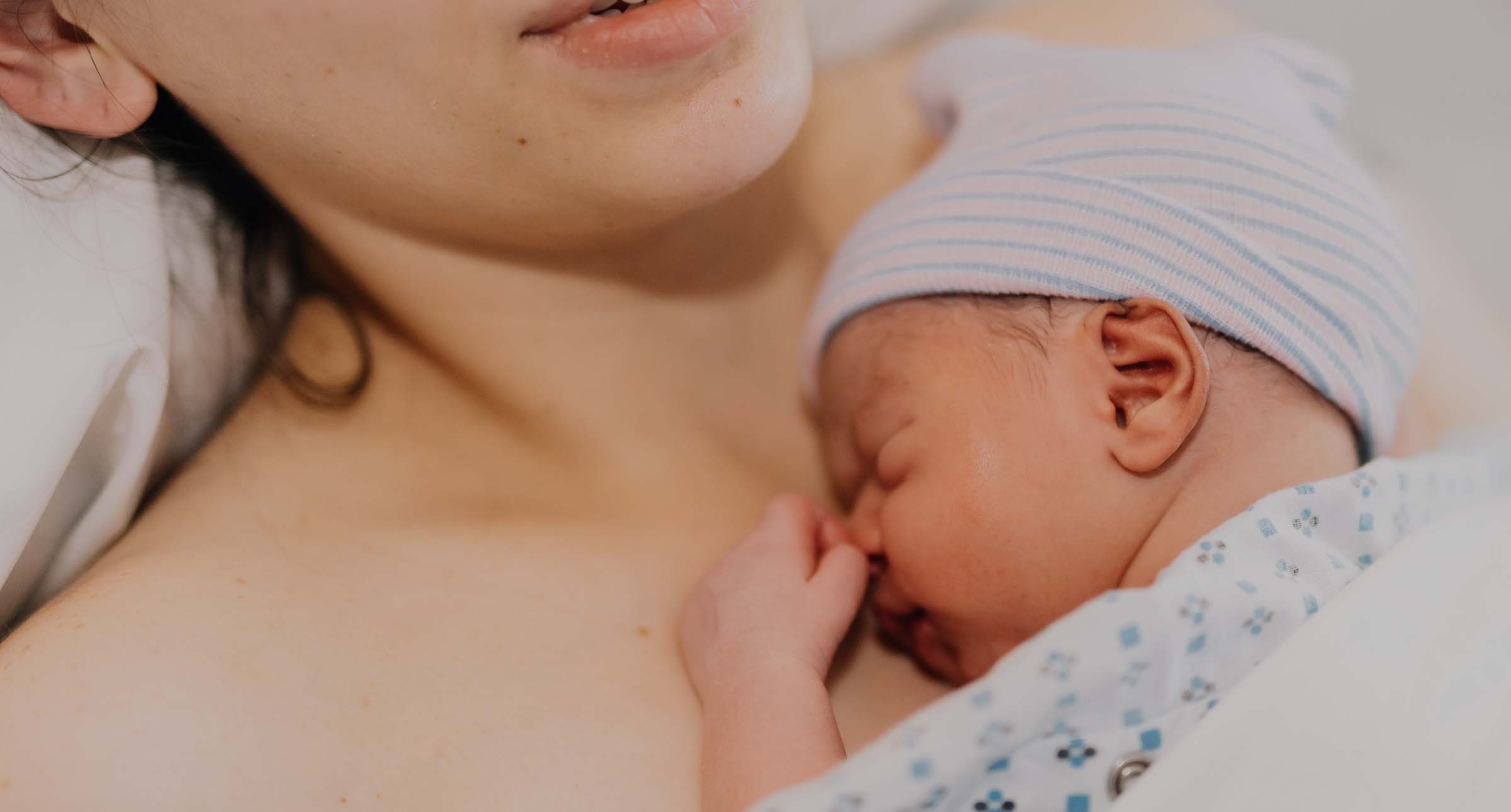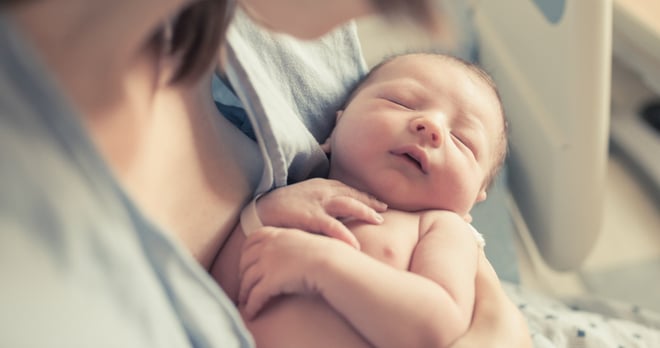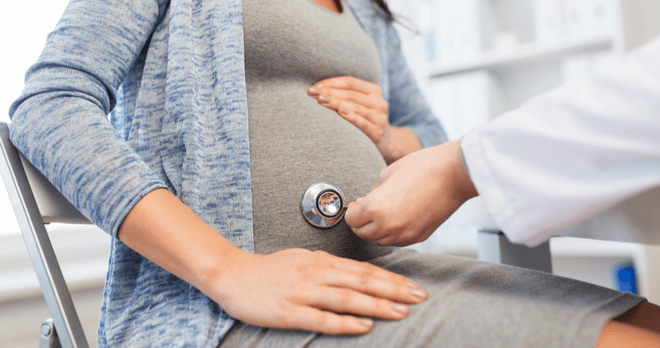MBRRACE UK report brings to life data behind maternal deaths and suggests key actions that could save lives

In October, MBRRACE-UK released a comprehensive report looking at the cause of deaths of women while pregnant and up to a year after being pregnant. MBRRACE-UK (Mothers and Babies: Reducing Risk through Audits and Confidential Enquiries across the UK) is a research group led by academics at the University of Oxford who complete detailed enquiries into maternal mortality.
Whilst globally, the UK is a relatively safe place to give birth, in 2019-2021 11.7 women per 100,000 died during pregnancy or up to six weeks after the end of pregnancy. Every maternal death is one too many and the MBRRACE report helps highlight why this is happening and provides specific medical and social actions that can be taken to save lives.
The report provides a vital opportunity, based on evidence, to learn lessons and improve care women receive prenatally and postnatally.
MBRRACE report statistics
Worryingly, the data showed continuing racial and socioeconomic disparities in women’s risk of death. Black women were 4 times more likely, and Asian women twice as likely, than white women to die whilst pregnant or in the six weeks following pregnancy. Additionally, those in the most deprived areas are twice as likely to die as those in the least deprived areas.
Women who suffered from severe and multiple disadvantage – such as having a mental health diagnosis, suffering from substance misuse, or suffering from domestic abuse – made up 12% of the women who died during, or up to a year after, pregnancy.
These statistics show that targeted intervention is required to address racial disparities, socioeconomic disparities and reach those in vulnerable circumstances.
MBRRACE’s report does not purely provide statistical overview of the women who have died but carries out detailed enquiries into how they died to provide specific advice on improvements in services to ensure that lessons are learned from each woman’s death.
How do pregnant or postpartum women’s deaths occur? What can be improved?
In 2019-21, 33 of the pregnant or postpartum women’s deaths were from Covid-19. This showed pregnant women’s vulnerability to infection and also the confusing misinformation women received around the safety of vaccinations and the continuing issue of not involving pregnant women in medical or vaccine research. A similar issue highlighted was that women’s medication for long-standing health conditions was often changed, lowered or stopped during pregnancy. Both of these issues showed that women were often not provided with balanced, evidence-based information about the risks to them of taking or not taking a medication or vaccination against the risk to their unborn baby. The report argues that women need to be provided with proper information about medications and vaccinations to allow them to make informed and individualised decisions based on known risks to them and their unborn child.
The report also provides specific medical actions that should take place to reduce risk of death on labour wards. Some examples are that it recommends that emergency caesarean sections and elective caesarean sections are carried out on separate surgical lists so that emergency c-sections do not get delayed due to a planned c-section taking place. It also recommends that haematology teams (those responsible for providing blood transfusions) have lower thresholds for providing blood to women who suffer severe blood loss after giving birth as their condition can rapidly deteriorate and the delay in getting them blood can have fatal consequences.
MBRRACE’s data also showed that support for women’s physical and mental well-being often fell away after they gave birth with more focus on the baby’s wellbeing. For those women with chronic health conditions, the report recommended that they are offered a proper medical review before being discharged and be provided with proper post-natal follow up. For those with poor mental health, it was highlighted that proper postnatal support should be put in place for longer periods, in particular supporting women in vulnerable positions or with complex social vulnerabilities. Sadly the report found that the largest cause of death amongst women between 6 weeks and 12 months post pregnancy was suicide.
Can more be done to make maternity care safer?
Most concerningly for us, the report found that in 52% of cases where women died, improvements in their care may have made a difference to their outcome. This is a staggering statistic and one which should galvanise all those working in maternal health to take notice and make the improvements called for in the report.
We hope that by the time of the next MBRRACE report, significant strides will have been made to improve maternal outcomes, in particular the racial and socioeconomic disparities which are so stark.
Meet our maternal clinical negligence claim experts
Related Services & Support
Insight from our legal specialists
View more articles related to Maternal injury and Medical negligence











